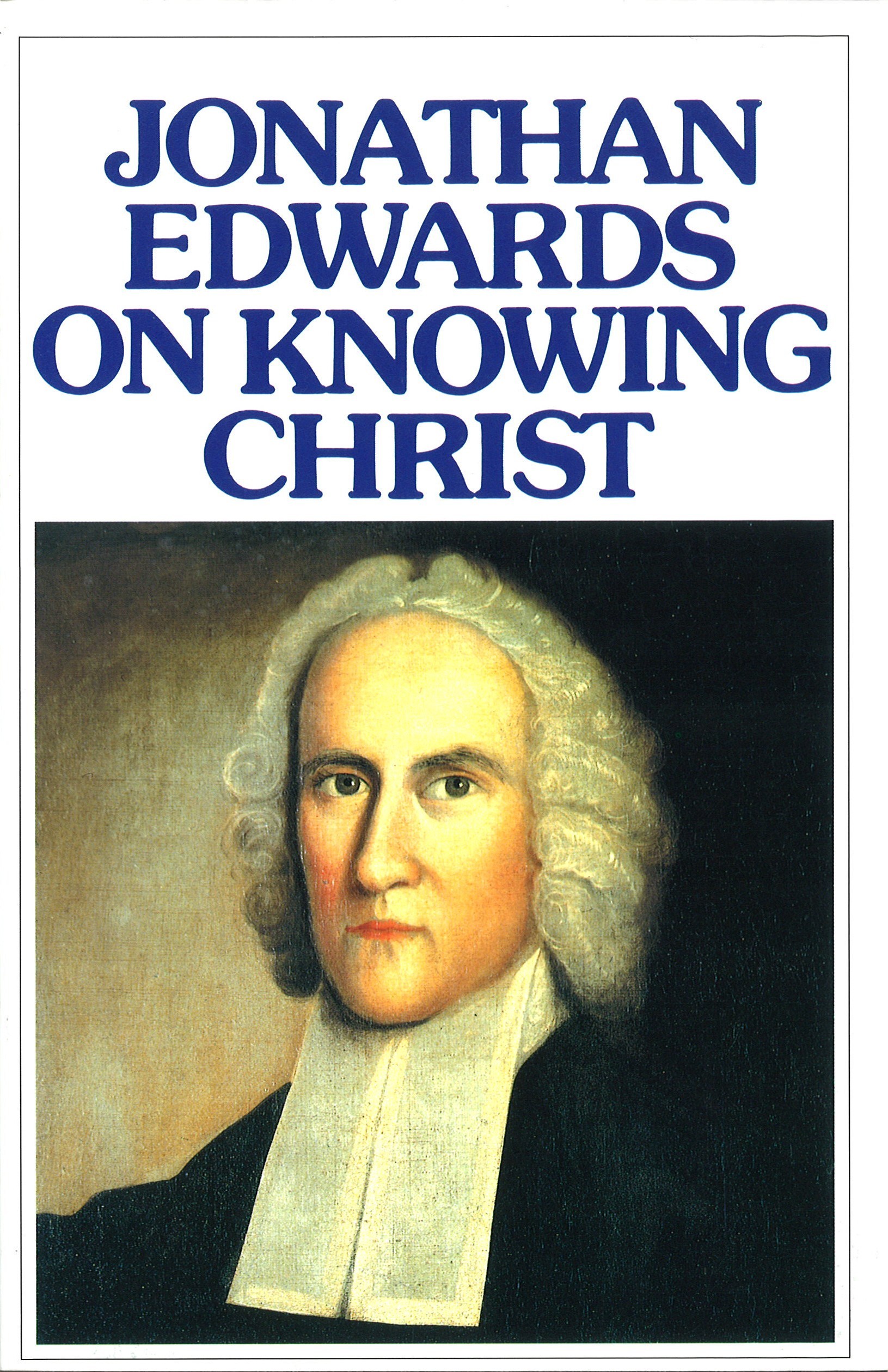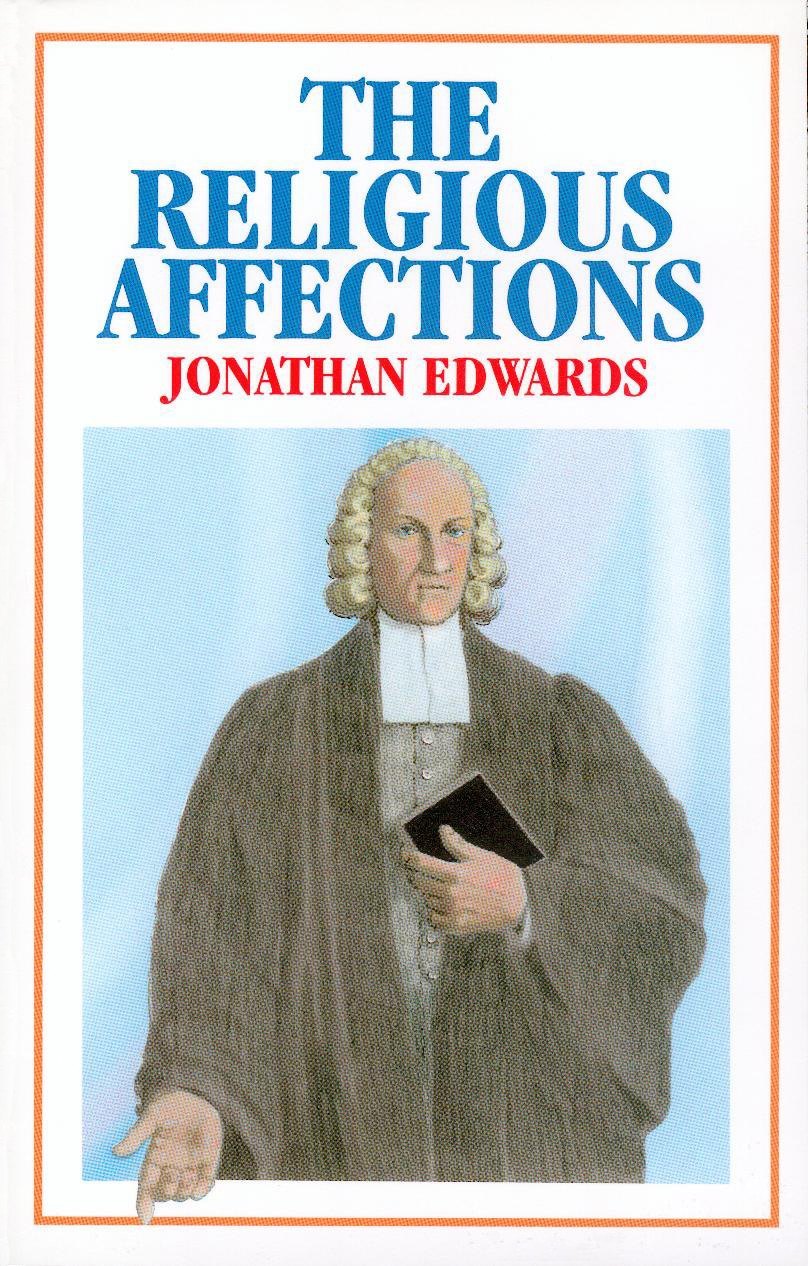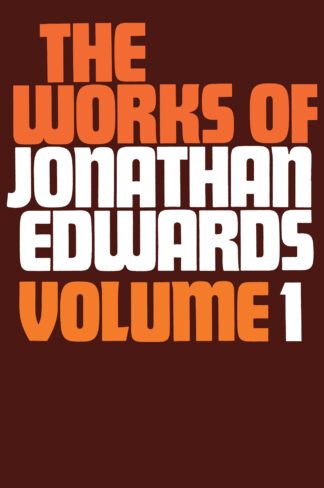Why Christians Today Should Read Jonathan Edwards
Every semester as I teach college students theology, I have them read one or two excerpts from Jonathan Edwards — and every time, I get one of two responses. First, he’s difficult to read! The second response I get from some students is about how Edwards simply sees life differently than they do. They’re surprised, vexed, and, at times, inspired by the ways Edwards speaks of the God of Scripture. There’s detail, passion, and an intimacy they’re not accustomed to hearing, which explains why I have them read Edwards in the first place.
Three Reasons Why
There are many reasons why Christians today should read Edwards. But for the sake of space, let me offer just three.
1. To See God More Clearly
Like any figure in church history, reading Edwards is in no way equivalent to reading the Bible. However, as a first benefit, to read Edwards is to gain passage into understanding the grand story of Scripture in helpful and profound ways. As Dane Ortlund states,
To read Jonathan Edwards is to see God. Not because Jonathan Edwards looked like God but because he looked at God — steadily, accurately, insistently. And then he write down what he saw. . . To read Jonathan Edwards is to have the horizons of one’s inner vision opened up to irresistible beauty and uproarious joy, the overflow of which created the universe. It is to be coached into becoming truly human: radiantly, deeply calm; delighting, in this world of relentless pain and frothy joy alternatives, to receive and return love from Love himself.
As such, reading Edwards proves greatly beneficial to the life of the Christian in that there is greater ability to see God as he is and be transformed from one degree of glory to another (2 Corinthians 3:18).
2. To Locate Yourself in an Important Historical Context
A second reason to read Edwards is to locate yourself in a historical context that’s key in the trajectory of evangelicalism. Edwards served as a pastor of the church at Northampton in mid-eighteenth century America. This era is also known as the First Great Awakening, a time of immense revival in England and the American colonies. Edwards — along with others like George Whitefield and John Wesley — served as an important catalyst in the midst of these awakenings. They supported and defended them from detractors, while also calling out emotional and spiritual excess at various junctures.
Nearly 300 years later, the ways we practice the spiritual disciplines, evangelize, and assess revivals is owing in no small measure to Edwards’s careful evaluation of the Great Awakening. He was a careful thinker who wrote well about the doctrines of conversion, assurance, perseverance, and true signs of religion. We owe him a great debt.
3. To Benefit From the Extensiveness of Edwards’s Theology
Finally, Christians can benefit from the extensiveness of Edwards’s theology. While the amount of material he managed to write in his lifetime is overwhelming — currently, at edwards.yale.edu one can look at all of Edwards’s 73 volumes — it’s also helpful to see what this great mind thought on any number of theological subjects. If one wants to consider Edwards’s thoughts on free will, original sin, ethics, conversion, the history of redemption, typology, ecclesiology, or eschatology, they can, because he wrote on each of these matters and more.
Readers won’t agree with all of his conclusions, but they’ll have the chance to see Edwards’s logic consider his treatment of Scripture, and recognize the way in which he sought to be a faithful biblical thinker. His preserved sermons are also of great benefit. They demonstrate that this man was indeed an ecclesial theologian, not simply writing for scholars.
Where Should I Begin?
Pastors in particular will benefit from Edwards, as they gain a clearer view of God, settle into a particular and important historical milieu, and consider his wisdom on a vast number of subjects.
Many will ask where they should begin with Edwards, as he wrote so prolifically. This is why Nathan Finn and I were so eager to edit the recent book, A Reader’s Guide to the Major Works of Jonathan Edwards. We wanted to put the major writings of Edwards on full display and give both laypeople and pastors an on-ramp.
However, one can do no better tan to get into the primary source themselves. So read some of Edwards’s sermons. Two I would suggest are ‘A Divine and Supernatural Light’ and ‘The Excellency of Christ’. For a series of sermons, consider Charity and Its Fruits which is an excellent exposition of 1 Corinthians 13. After a few sermons, consider turning to Religious Affections. This, along with A Faithful Narrative, the Distinguishing Marks of a Work of the Spirit of God, and Some Thoughts Concerning Revival, constitute his revival writings and details his theology of conversion, saying that true religion consists of ‘holy affections.’ While there are many other treatises, after one were to read these works I would recommend A Treatise Concerning the End for Which God Created the World, an excellent discourse on God’s glory as the center and sum of all things.
Pastors are busy with any number of tasks and it can be difficult to slow down and feed your own soul. However, if we’re to feed our own people well, we must be taking into our minds and hearts the truths of God’s Word. And these truths can come to us from those who have meditated joyfully on the text over a lifetime of ministry, such as Edwards. As pastors and preachers, we can learn to plumb the depths of Scripture and feed our people on both a private and corporate level, even as we hopefully avoid his example of spending up to 13 hours a day in his study.
If our vision of God is dim, our counselling, exhortation, and preaching will be bland. If we’re unaware of church history and its key turning points, as well as the coherence of the theological disciplines, our ministry will lack depth. But if we pursue these things for the sake of our people and the glory of God, they’ll be blessed.
Along the way, Jonathan Edwards will serve as a helpful guide. While challenging, he will greatly benefit those who persevere. I’m thankful for this saint of old who keeps pointing me back to the Bible so that I might see and savor the God of all things.
Jeremy M. Kimble is Assistant Professor of Theological Studies at Cedarville University in Cedarville, Ohio, and a member of Grace Baptist Church. This article originally appeared at 9marks.org.

Description
Every semester as I teach college students theology, I have them read one or two excerpts from Jonathan Edwards — and every time, I get one of two responses. First, he’s difficult to read! The second response I get from some students is about how Edwards simply sees life differently than they do. They’re surprised, […]

Description
Every semester as I teach college students theology, I have them read one or two excerpts from Jonathan Edwards — and every time, I get one of two responses. First, he’s difficult to read! The second response I get from some students is about how Edwards simply sees life differently than they do. They’re surprised, […]

The Works of Jonathan Edwards
Volume 1
Description
Every semester as I teach college students theology, I have them read one or two excerpts from Jonathan Edwards — and every time, I get one of two responses. First, he’s difficult to read! The second response I get from some students is about how Edwards simply sees life differently than they do. They’re surprised, […]
Latest Articles
On the Trail of the Covenanters February 12, 2026
The first two episodes of The Covenanter Story are now available. In an article that first appeared in the February edition of the Banner magazine, Joshua Kellard relates why the witness of the Scottish Covenanters is worthy of the earnest attention of evangelical Christians today. In late November of last year, on the hills above […]
A Martyr’s Last Letter to His Wife February 11, 2026
In the first video of The Covenanter Story, which releases tomorrow, we tell the story of James Guthrie, the first great martyr of the Covenant. On June 1, the day he was executed for high treason, he coursed the following farewell letter to his wife: “My heart,— Being within a few hours to lay down […]
